CHICAGO, IL / NEW YORK, NY, USA: The American Dental Association (ADA) is extending invitations to those concerned about the oral health of vulnerable older adults and people with disabilities to attend a national conference and help shape the future of oral health care for this underserved and growing population.
The national coalition conference, titled Oral Health of Vulnerable Older Adults and Persons with Disabilities, is scheduled for Thursday, 18 November, at the JW Marriott in Washington, DC.
“We look upon this conference as the first step in building a consensus among a multi-disciplinary group of professionals in seeking solutions about oral health care for the vulnerable older adult and the disabled,” said Dr Raymond F. Gist, ADA president-elect. “We are looking for attendees’ ideas, collaboration and support in helping frame the conference’s recommendations that could be used by many sectors, including educational institutions, professional organizations and policy makers.”
Professionals concerned about oral health for vulnerable older adults and people with disabilities, including dentists and dental hygienists, geriatricians, nurses, oral health advocates, aging and disability advocates, long-term care providers and policy makers and legislative staff, are encouraged to register for the conference.
The registration fee is US$150, with a deadline of 22 October. Registration is limited to the first 150 respondents.
Dental experts will present topics of critical importance in meeting the oral health needs of special populations, including collaboration between disciplines, oral health delivery systems, policy implications, medical dental considerations and coalition building.
Responding to each presentation will be an expert from outside dentistry, representing geriatric medicine, long-term care, aging advocacy, state health and policymakers. Active audience participation will follow as attendees have the opportunity to provide input as they discuss the presentations.
“The conference is a unique opportunity to help shape the future of oral health care and improve the quality of life for vulnerable older adults and those with disabilities,” said Dr Gist. “We highly encourage those interested professionals to attend.”
(Edited by Fred Michmershuizen, DTA)
CHICAGO, Ill, USA: Oral Health America’s Tooth Wisdom: Get Smart About Your Mouth, a first-of-its-kind oral health education workshop for ...
CHICAGO, Ill., USA: Older adults — the most rapidly growing segment of the population in the United States — are facing a crisis when it comes ...
WASHINGTON, D.C., USA: Oral Health America (OHA) and Oral Healthcare Can’t Wait, an initiative of the Dental Trade Alliance, brought together dozens ...
CHICAGO, Ill., USA: Oral Health America (OHA) will hold its fourth annual Fall for Smiles campaign, focusing on educating communities about the importance ...
NEW YORK, N.Y., USA: The Wisdom Tooth Project (WTP) of Oral Health America (OHA) focuses on the importance of oral health for older adults, providing needed...
University of North Carolina School of Medicine researchers led a study to determine risk factors associated with malnutrition among older adults receiving ...
LEESBURG, Va., USA: The American Dental Association (ADA) has announced its official endorsement of “Smiles for Life,” the Society of Teachers ...
CHICAGO, IL, USA: Dentists and dental health professionals can take steps to evaluate their own personal health practices and explore well-being issues for ...
CHICAGO, Ill., USA: The American Dental Association (ADA) commends Congress for passing the Action for Dental Health Act. For years, dentists have worked to...
CHICAGO, IL, USA: Noted educator and researcher Harold C. Slavkin, DDS, is the 2009 recipient of the American Dental Association’s Gold Medal Award ...
Live webinar
Tue. 24 February 2026
1:00 PM EST (New York)
Prof. Dr. Markus B. Hürzeler
Live webinar
Tue. 24 February 2026
3:00 PM EST (New York)
Prof. Dr. Marcel A. Wainwright DDS, PhD
Live webinar
Wed. 25 February 2026
11:00 AM EST (New York)
Prof. Dr. Daniel Edelhoff
Live webinar
Wed. 25 February 2026
1:00 PM EST (New York)
Live webinar
Wed. 25 February 2026
8:00 PM EST (New York)
Live webinar
Tue. 3 March 2026
11:00 AM EST (New York)
Dr. Omar Lugo Cirujano Maxilofacial
Live webinar
Tue. 3 March 2026
8:00 PM EST (New York)
Dr. Vasiliki Maseli DDS, MS, EdM



 Austria / Österreich
Austria / Österreich
 Bosnia and Herzegovina / Босна и Херцеговина
Bosnia and Herzegovina / Босна и Херцеговина
 Bulgaria / България
Bulgaria / България
 Croatia / Hrvatska
Croatia / Hrvatska
 Czech Republic & Slovakia / Česká republika & Slovensko
Czech Republic & Slovakia / Česká republika & Slovensko
 France / France
France / France
 Germany / Deutschland
Germany / Deutschland
 Greece / ΕΛΛΑΔΑ
Greece / ΕΛΛΑΔΑ
 Hungary / Hungary
Hungary / Hungary
 Italy / Italia
Italy / Italia
 Netherlands / Nederland
Netherlands / Nederland
 Nordic / Nordic
Nordic / Nordic
 Poland / Polska
Poland / Polska
 Portugal / Portugal
Portugal / Portugal
 Romania & Moldova / România & Moldova
Romania & Moldova / România & Moldova
 Slovenia / Slovenija
Slovenia / Slovenija
 Serbia & Montenegro / Србија и Црна Гора
Serbia & Montenegro / Србија и Црна Гора
 Spain / España
Spain / España
 Switzerland / Schweiz
Switzerland / Schweiz
 Turkey / Türkiye
Turkey / Türkiye
 UK & Ireland / UK & Ireland
UK & Ireland / UK & Ireland
 International / International
International / International
 Brazil / Brasil
Brazil / Brasil
 Canada / Canada
Canada / Canada
 Latin America / Latinoamérica
Latin America / Latinoamérica
 China / 中国
China / 中国
 India / भारत गणराज्य
India / भारत गणराज्य
 Pakistan / Pākistān
Pakistan / Pākistān
 Vietnam / Việt Nam
Vietnam / Việt Nam
 ASEAN / ASEAN
ASEAN / ASEAN
 Israel / מְדִינַת יִשְׂרָאֵל
Israel / מְדִינַת יִשְׂרָאֵל
 Algeria, Morocco & Tunisia / الجزائر والمغرب وتونس
Algeria, Morocco & Tunisia / الجزائر والمغرب وتونس
 Middle East / Middle East
Middle East / Middle East

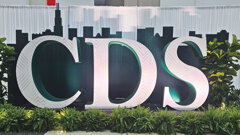


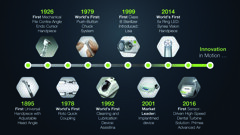






















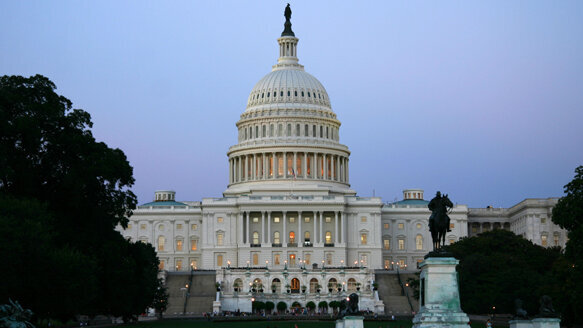




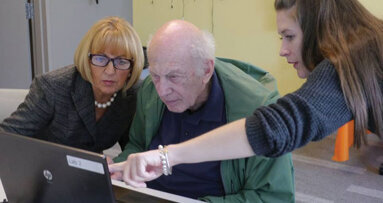
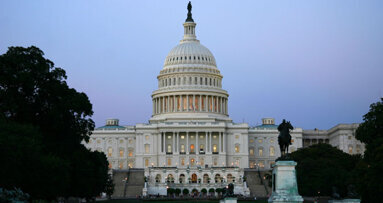
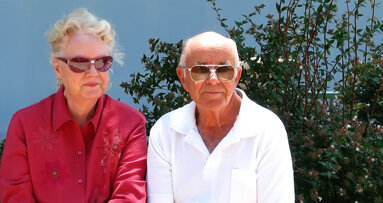
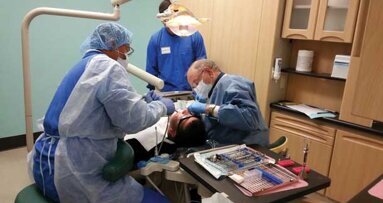
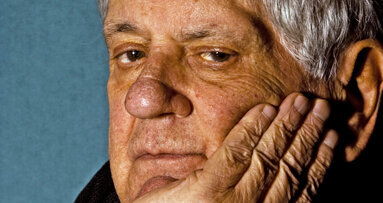


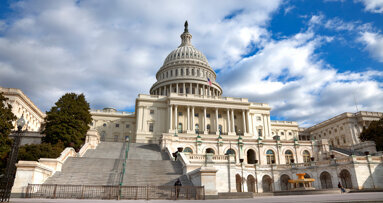
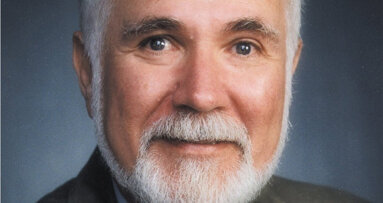
















To post a reply please login or register